Prioritizing Self-Care: A Must for Travel Healthcare Workers
Travel healthcare professionals dedicate their careers to caring for others, often under demanding conditions. Long hours, constant relocation, and high-pressure environments can make it easy to overlook personal well-being. However, prioritizing self-care—including mental health—is essential for maintaining both personal and professional fulfillment. Here’s why self-care matters and how you can access valuable resources to support your well-being.
5 Ways to Prioritize Your Self-Care
Implementing small self-care habits into your daily routine can significantly improve your overall well-being. Here are five essential self-care strategies:
- Eat Well
A balanced diet fuels your body and mind. Prioritize nutritious foods that provide essential vitamins and minerals to sustain your energy and keep you feeling your best.
- Get Regular Exercise
Staying active can help relieve stress and improve your mood. Just 30 minutes of walking daily can boost your health and help manage anxiety.
- Get Enough Sleep
Quality sleep is crucial for your body’s recovery and mental well-being. Aim for 7–9 hours of sleep each night to feel refreshed and perform at your best.
- Manage Stress
Finding effective ways to manage stress can help prevent burnout. Consider techniques like meditation, deep breathing exercises, yoga, or journaling to stay balanced.
- Set and Pursue Goals
Having goals gives you a sense of purpose and direction. Achieving small milestones boosts self-esteem and helps maintain motivation in both your personal and professional life.
Remember, self-care is essential for maintaining your physical and mental well-being—make it a priority in your daily routine!
The Importance of Mental and Emotional Well-Being
Providing top-quality patient care starts with ensuring your own health—both physically and mentally. Stress, burnout, and compassion fatigue are real challenges in the healthcare industry, particularly for those constantly on the move. Taking proactive steps to care for yourself isn’t just beneficial; it’s necessary.
Resources to Support Your Mental Health
Fortunately, you don’t have to navigate these challenges alone. Several resources are available to help you manage stress, build resilience, and improve overall well-being:
- Operation Happy Nurse (operationhappynurse.org)
This community-driven platform provides nurses with tools to manage stress and anxiety, offering support groups, fitness programs, nutrition advice, and mental health resources tailored to healthcare professionals. - Headspace for Healthcare Workers (Headspace for Organizations)
Meditation and mindfulness can significantly reduce stress and improve focus. Headspace offers healthcare professionals guided meditation, sleep assistance, and stress-reducing exercises to help maintain mental clarity and emotional balance. - Stress First Aid (SFA) for Healthcare Providers (VA Stress First Aid)
Developed for those in high-stress professions, this framework helps identify and manage stress reactions in yourself and colleagues. The SFA model emphasizes peer support and self-care strategies to prevent burnout and emotional exhaustion.
Accessing Your Employee Assistance Program (EAP)
At Junxion Med Staffing, we recognize the unique challenges travel healthcare workers face. That’s why we offer an Employee Assistance Program (EAP)—available from day one of your employment.
Key Benefits of the EAP:
Confidential Counseling – Three free sessions per year (in-person, phone, video, or text) for personal and work-related issues.
Legal & Financial Support – Free consultations for legal matters, budget planning, and identity theft assistance.
Work-Life Resources – Access to webinars, parenting and elder care support, and educational tools.
24/7 Availability – Support is just a call or click away whenever you need it.
Take Care of Yourself, So You Can Take Care of Others
Your role as a healthcare worker is invaluable, but taking care of yourself must be a priority. Utilize these resources to maintain your well-being and continue providing excellent care to those in need. Remember, support is always available—you’re never alone in this journey.
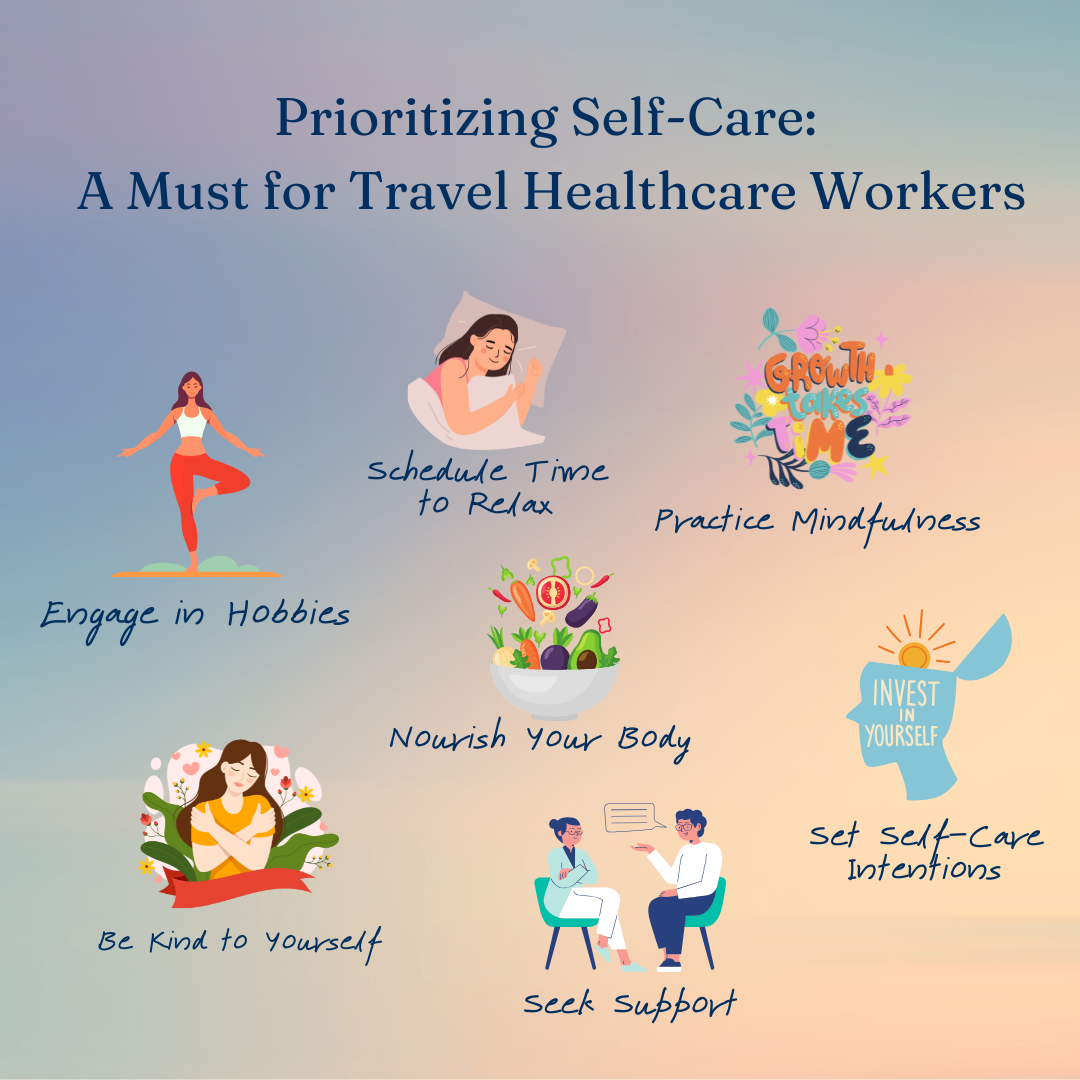
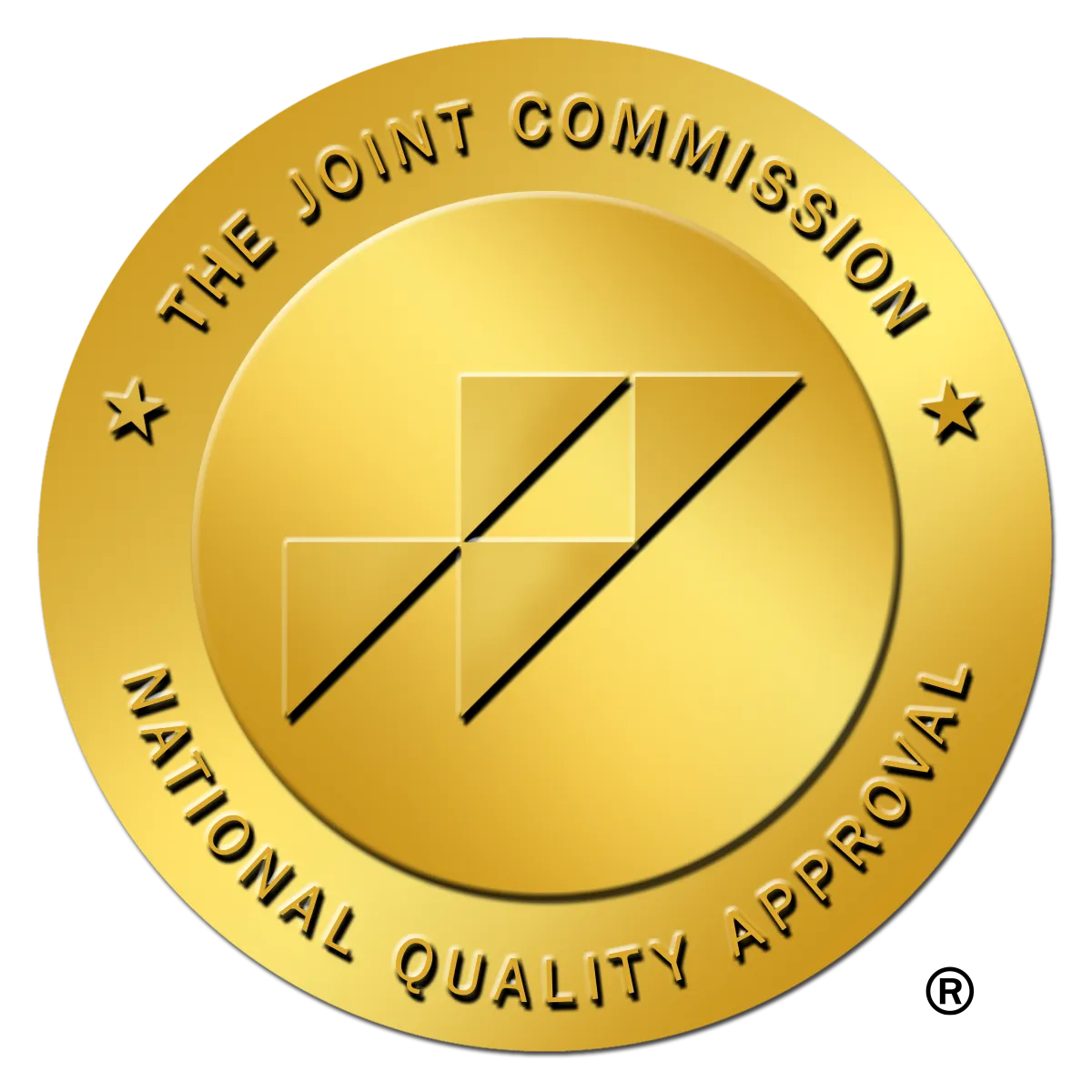
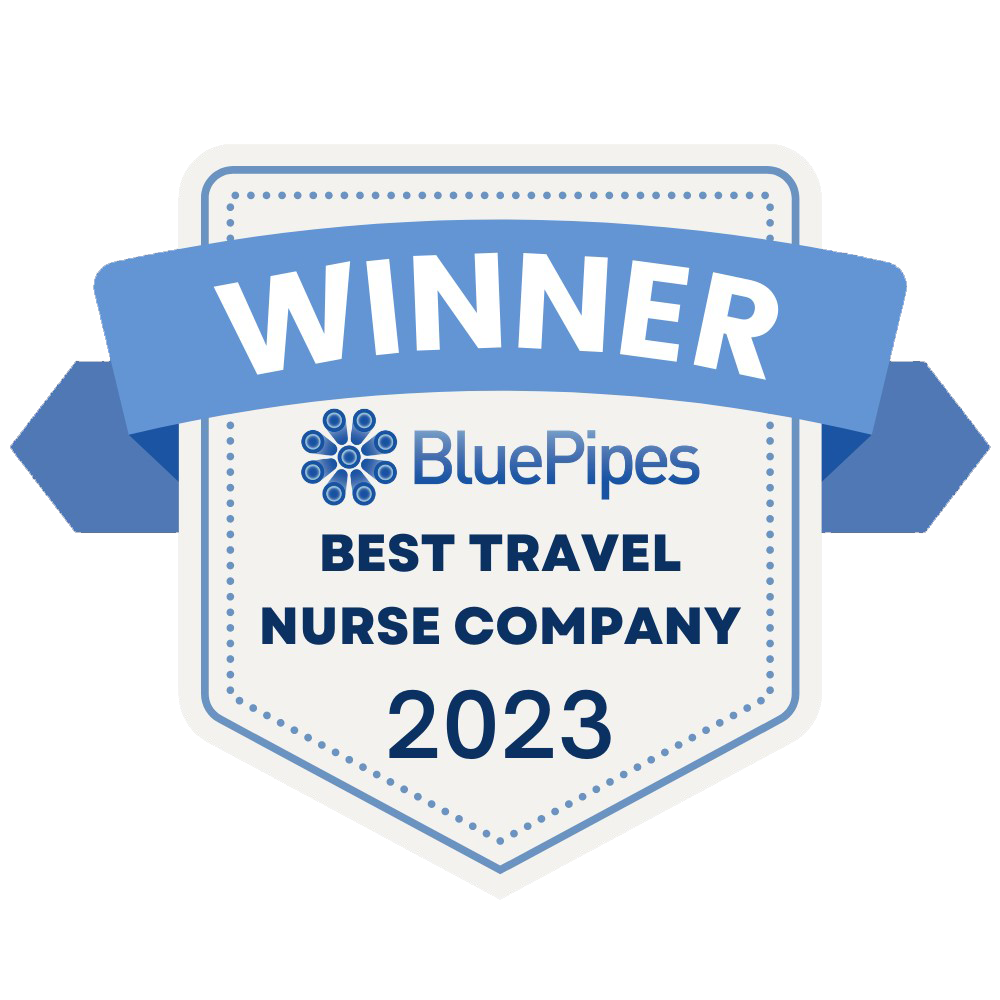
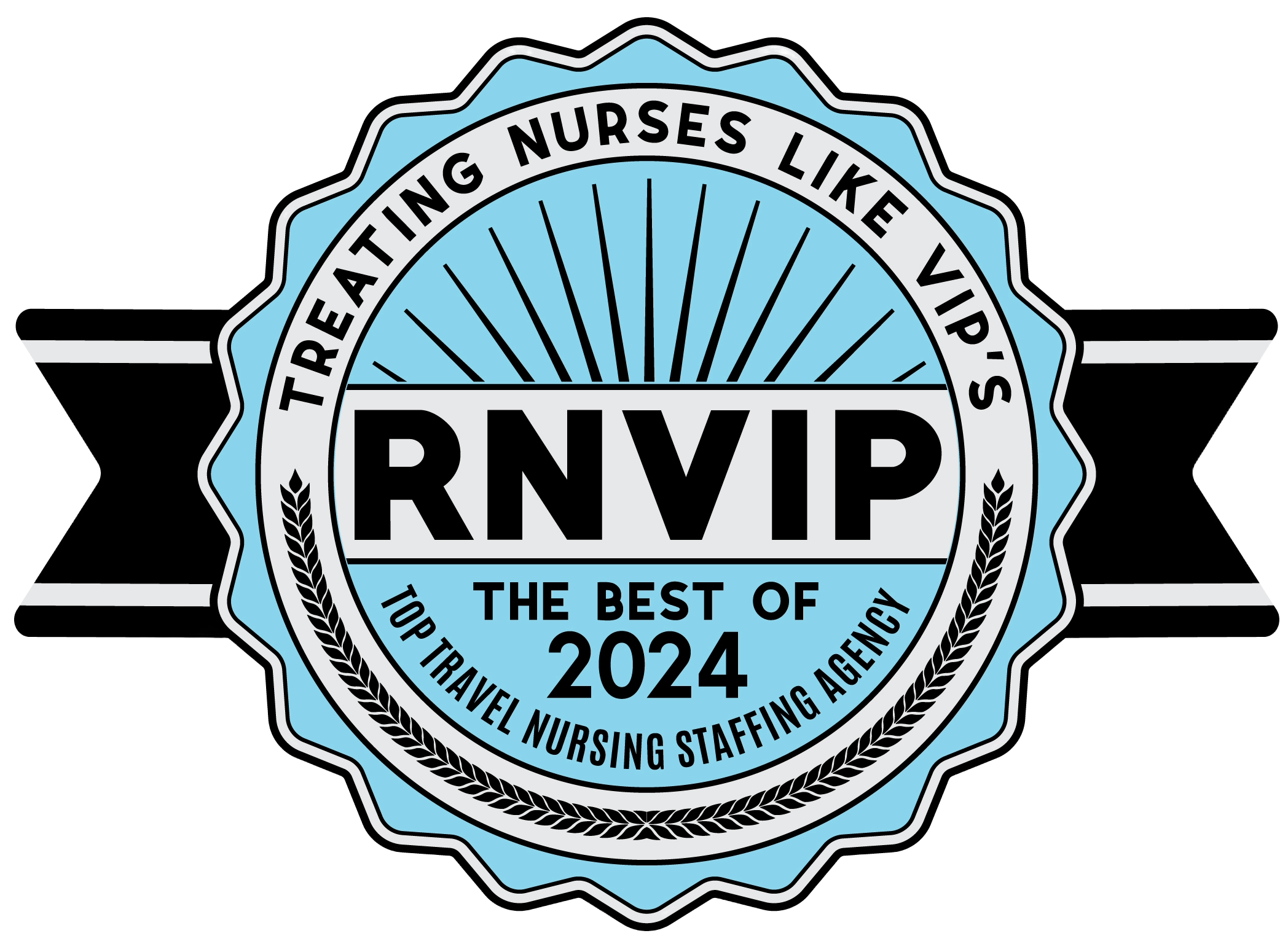

 and then
and then